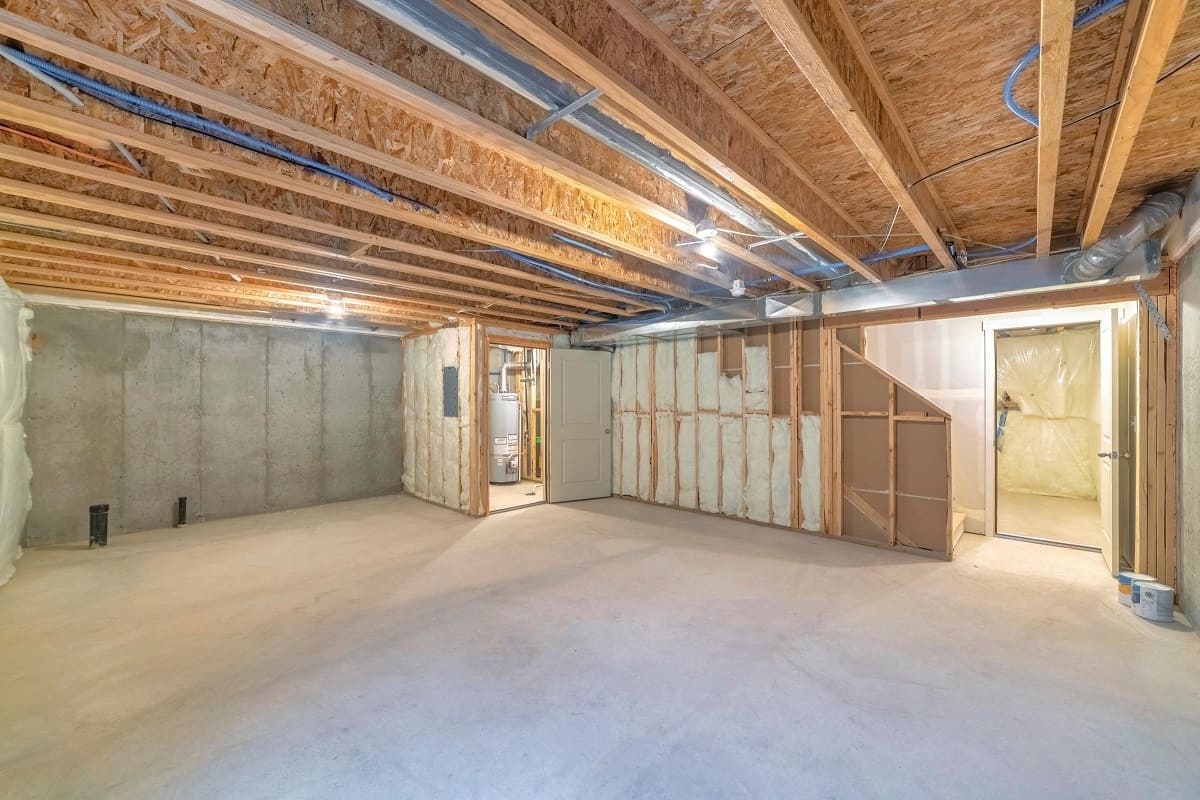

Articles
How Much Does It Cost To Insulate A Basement
Modified: December 7, 2023
Find out the average cost of insulating a basement and get expert advice on articles to help you save on your next project.
(Many of the links in this article redirect to a specific reviewed product. Your purchase of these products through affiliate links helps to generate commission for Storables.com, at no extra cost. Learn more)
Introduction
Welcome to our comprehensive guide on the cost of insulating a basement. If you’re considering insulating your basement, you’re on the right track to improving energy efficiency, reducing heating and cooling costs, and creating a more comfortable living space. Insulating your basement not only helps regulate temperature but can also prevent moisture issues and protect against potential damage.
However, before you dive into the project, it’s important to understand the factors that can influence the cost of basement insulation. From the type of insulation material to the size and complexity of your basement, various factors come into play. By taking these factors into consideration, you can better estimate the cost involved and make an informed decision.
In this guide, we will explore the different factors that affect the cost of insulating a basement, provide a breakdown of the expenses involved, discuss the pros and cons of DIY versus hiring professionals, and highlight the average cost of basement insulation. We will also delve into the savings and benefits you can expect from insulating your basement.
Before we dive into the details, it’s essential to remember that the cost of insulating a basement can vary significantly based on various factors. It is recommended to consult with professionals and obtain multiple quotes to get a more accurate estimate for your specific situation.
So let’s get started and explore all the crucial information you need to know about the cost of insulating a basement!
Key Takeaways:
- Insulating your basement can cost between $1,500 to $5,000, but the long-term benefits include energy savings, increased home value, and improved comfort and protection.
- Consider factors like insulation material, labor costs, and additional expenses when budgeting for basement insulation. Consulting professionals can provide accurate quotes and ensure optimal results.
Read more: How Much Does It Cost For Insulation
Factors Affecting the Cost of Insulating a Basement
When it comes to insulating a basement, several factors can influence the overall cost of the project. Understanding these factors will help you better estimate the expenses involved and make informed decisions. Let’s explore the key factors that affect the cost of insulating a basement:
- Type of Insulation Material: The choice of insulation material can significantly impact the cost. There are various options available, including fiberglass batts, spray foam, rigid foam boards, and cellulose insulation. Each material comes with its own pros and cons, and their cost can vary. Fiberglass batts are relatively affordable, while spray foam tends to be more expensive but offers superior insulation.
- Size and Complexity of the Basement: The size of your basement plays a crucial role in determining the cost. Larger basements require more insulation material and labor, thus increasing the overall expenses. Additionally, the complexity of the basement, such as the presence of corners, alcoves, and uneven surfaces, can also impact the cost. These areas may require additional insulation and labor for proper coverage.
- Accessibility of the Basement: The ease of access to the basement can influence the cost of insulation. If your basement has limited access or requires the removal of obstacles, such as furniture or storage, the labor costs may be higher. Difficult access may also affect the efficiency of the insulation installation, thus potentially impacting the overall effectiveness of the insulation.
- Existing Insulation and Moisture Issues: If your basement already has existing insulation, it may affect the cost. If the previous insulation is in good condition, it may be possible to install new insulation directly over it, reducing the labor and material costs. However, if the existing insulation is damaged or has moisture issues, it may need to be removed or remediated, which can add to the overall cost of the project.
It’s essential to consider these factors when estimating the cost of insulating your basement. Consulting with professionals and obtaining multiple quotes will help you determine the best approach and budget for your specific situation. By understanding these factors, you can make informed decisions and achieve optimal insulation for your basement while staying within your budget.
Cost Breakdown
When planning to insulate your basement, it’s crucial to have a clear understanding of the cost breakdown. This will help you allocate your budget effectively and make informed decisions. Let’s break down the costs involved in insulating a basement:
- Cost of Insulation Materials: The cost of insulation materials will vary depending on the type of insulation you choose. Fiberglass batts, for example, are relatively inexpensive, with average prices ranging from $0.30 to $0.70 per square foot. Spray foam insulation tends to be more expensive, with prices ranging from $1.50 to $3.50 per square foot. Rigid foam boards and cellulose insulation also fall within this price range.
- Labor Costs: Hiring professionals to install the insulation in your basement will involve labor costs. The labor costs can vary depending on factors such as the size of the basement, complexity of the project, and accessibility. On average, you can expect labor costs to range from $1 to $3 per square foot of insulation.
- Additional Expenses: Beyond the insulation materials and labor, there may be additional expenses to consider. This can include costs such as removing and disposing of old insulation, repairing any existing moisture issues, or making necessary repairs to the basement surface before insulation installation. It’s important to factor in these additional expenses when budgeting for your basement insulation project.
It’s important to note that these are general cost ranges and can vary depending on various factors, such as your location, the complexity of the project, and the specific materials and services you choose. To get an accurate cost estimate, it’s recommended to consult with insulation contractors who can assess your specific situation and provide detailed quotes.
By understanding the cost breakdown, you can make informed decisions about the insulation materials, labor, and additional expenses involved in insulating your basement. Remember to factor in these costs when budgeting for your project to ensure that you have a realistic estimate of the total expenses.
Do-It-Yourself vs. Hiring Professionals
When it comes to insulating your basement, you have the option to take the do-it-yourself (DIY) approach or hire professionals to get the job done. Both options have their own advantages and considerations. Let’s explore the pros and cons of each:
Do-It-Yourself (DIY):
- Cost Savings: One of the main benefits of the DIY approach is the potential cost savings. By handling the insulation installation yourself, you can eliminate labor costs associated with hiring professionals.
- Flexibility: DIY allows you to work at your own pace and schedule. You have control over the process and can tailor it to your specific needs and preferences.
- Learning Opportunity: Taking on a DIY project can be a great learning experience. It gives you the chance to acquire new skills and knowledge about insulation and home improvement.
While the DIY approach may seem enticing, there are a few considerations to keep in mind:
- Skill and Experience: Proper insulation installation requires specific skills and knowledge. If you’re not experienced in this area, you may face challenges in achieving an effective and energy-efficient insulation solution.
- Time and Effort: Insulating a basement can be a time-consuming and labor-intensive process. It requires careful preparation, installation, and attention to detail. Make sure you have the necessary time and energy to dedicate to the project.
- Tools and Equipment: DIY insulation installation may require specific tools and equipment. Ensure that you have access to everything you need, including safety gear, to complete the project effectively.
Hiring Professionals:
- Expertise and Experience: Professionals bring specialized knowledge and experience to the table. They have the skills and expertise to assess your specific needs, recommend the right insulation materials, and ensure proper installation.
- Time and Convenience: Hiring professionals saves you time and effort. They will handle the entire insulation process, from initial consultation to completion, allowing you to focus on other tasks or responsibilities.
- Quality and Warranty: Professional insulation contractors can ensure high-quality workmanship and often provide guarantees or warranties on their services.
However, hiring professionals may involve additional expenses for labor and services. It’s essential to weigh the cost against the benefits and consider your budget and the complexity of the project.
Ultimately, the decision between DIY and hiring professionals depends on your skills, availability, budget, and comfort level. If you have the necessary knowledge, skills, and time, DIY can be a cost-effective option. However, if insulation installation seems overwhelming or you prefer the expertise and convenience of professionals, hiring them may be the right choice for you.
Regardless of your decision, remember to prioritize safety and efficiency to achieve optimal results in insulating your basement.
Before insulating your basement, consider factors such as the size of the space, the type of insulation, and whether you will need professional installation. Researching and comparing costs can help you make an informed decision.
Average Cost of Basement Insulation
The average cost of insulating a basement can vary depending on several factors, including the size of the basement, the type of insulation material, labor costs, and any additional expenses involved. While it’s challenging to provide an exact figure due to these variables, we can provide a general range to give you an idea of what to expect.
On average, the cost of insulating a basement can range from $1,500 to $5,000. However, it’s important to note that this is just an estimate, and the actual cost can be lower or higher depending on your specific circumstances.
Here is a breakdown of the average costs involved:
- Insulation Materials: Depending on the type and amount of insulation material required, material costs can range from $0.30 to $3.50 per square foot. This can vary based on the material you choose, with fiberglass batts being on the lower end of the cost spectrum and spray foam on the higher end.
- Labor Costs: Labor costs for professional insulation installation typically range from $1 to $3 per square foot. Keep in mind that labor costs can increase if there are challenges in accessing the basement or if the project requires additional preparation, such as removing old insulation or addressing moisture issues.
- Additional Expenses: Additional expenses can include costs for removing old insulation, repairing moisture issues, or making any necessary repairs to the basement surface. These costs can vary depending on the extent of the repairs needed.
Please remember that these figures represent average costs and can vary based on factors such as your location, the size and complexity of your basement, and the specific materials and services you choose.
To get a more accurate estimate for your basement insulation project, it is highly recommended to consult with insulation contractors. They can assess your specific needs, provide you with detailed quotes, and help you understand the cost breakdown specific to your situation.
Investing in proper basement insulation can bring long-term energy savings and improve the overall comfort of your home. While the initial cost may seem significant, it’s important to consider the long-term benefits and the potential return on investment in terms of energy savings.
Remember to factor in the cost of insulation materials, labor costs, and any additional expenses when budgeting for your basement insulation project. This will help you plan effectively and ensure that you achieve the desired insulation results within your budget.
Read more: How Much Does It Cost To Drywall A Basement
Savings and Benefits of Insulating Your Basement
Insulating your basement offers numerous benefits that go beyond just the cost savings. Let’s explore some of the key savings and benefits you can expect from insulating your basement:
- Energy Efficiency: Insulating your basement can significantly improve the energy efficiency of your home. By reducing heat loss through the basement walls and floor, insulation helps maintain a consistent and comfortable temperature, resulting in lower energy consumption. This can lead to substantial savings on your heating and cooling bills.
- Improved Comfort: A well-insulated basement creates a more comfortable living environment. It helps regulate temperature, preventing cold drafts and excess heat from permeating the space. Insulation also reduces noise transmission, making your basement a quieter and more peaceful area of your home.
- Moisture Control and Protection: Insulation acts as a barrier against moisture infiltration in your basement. It helps prevent dampness, condensation, and mold growth, which can cause structural damage and compromise indoor air quality. Proper insulation can protect your basement and the overall integrity of your home.
- Increased Home Value: Insulating your basement can enhance the value of your property. Potential buyers are often attracted to homes with energy-efficient features, as they understand the long-term cost savings and comfort benefits that come with a well-insulated basement. A properly insulated basement can make your home more marketable and appealing to potential buyers.
- Environmental Impact: By improving energy efficiency with basement insulation, you also contribute to reducing your carbon footprint. Reduced energy consumption means a lower demand for fossil fuels, leading to a decrease in greenhouse gas emissions and a positive impact on the environment.
It’s important to note that the savings and benefits of basement insulation can vary depending on factors such as your location, the size and condition of your basement, and the quality of the insulation materials and installation.
Prioritizing proper insulation in your basement can provide long-term savings and improve the overall comfort and health of your home. It’s a worthwhile investment that can pay off in the form of reduced energy bills, increased property value, and a more enjoyable living space.
Consulting with insulation professionals can help you determine the most suitable insulation options for your specific needs and ensure a successful and effective insulation project. They have the expertise and knowledge to guide you through the process and help you achieve optimal results.
So, don’t overlook the benefits of insulating your basement. Take the step towards a more energy-efficient, comfortable, and protected home by investing in proper basement insulation.
Conclusion
Insulating your basement is a smart investment that offers a range of benefits, from energy savings to increased comfort and protection. By understanding the factors that affect the cost of basement insulation, you can better estimate the expenses involved and make informed decisions for your specific situation.
In this guide, we have explored the key factors that influence the cost of insulating a basement, including the type of insulation material, the size and complexity of the basement, the accessibility, and any existing insulation or moisture issues. We have also provided a breakdown of the costs involved, including insulation materials, labor costs, and additional expenses.
Furthermore, we discussed the considerations of taking a DIY approach versus hiring professionals for your basement insulation project. While DIY can offer cost savings and a learning experience, professionals bring expertise, time savings, and quality workmanship to the table.
The average cost of basement insulation can range from $1,500 to $5,000, considering the materials, labor, and additional expenses. It’s important to consult with insulation contractors to get accurate quotes based on your specific needs.
Insulating your basement brings savings and benefits, including improved energy efficiency, increased comfort, moisture control, increased home value, and a positive environmental impact. It’s a long-term investment that can lead to significant energy savings, lower utility bills, and a more enjoyable living space.
Ultimately, the decision to insulate your basement should be based on your budget, specific circumstances, and the desired outcomes. Consulting with professionals can help you navigate the process and ensure effective insulation installation.
So, whether you decide to take on the project yourself or hire professionals, don’t underestimate the importance of insulating your basement. It’s a valuable step towards energy efficiency, comfort, and protection for your home and your family.
Frequently Asked Questions about How Much Does It Cost To Insulate A Basement
Was this page helpful?
At Storables.com, we guarantee accurate and reliable information. Our content, validated by Expert Board Contributors, is crafted following stringent Editorial Policies. We're committed to providing you with well-researched, expert-backed insights for all your informational needs.
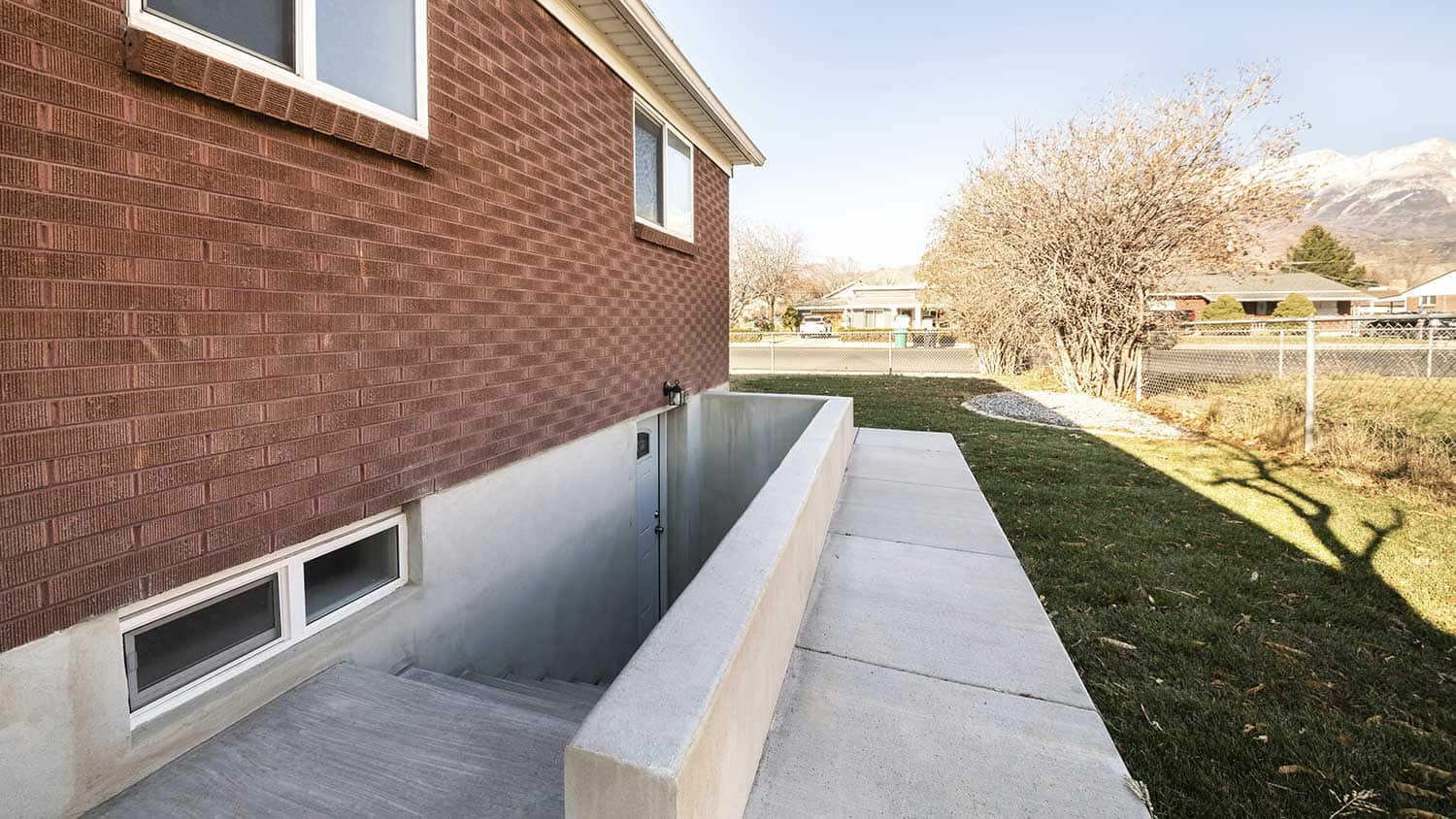
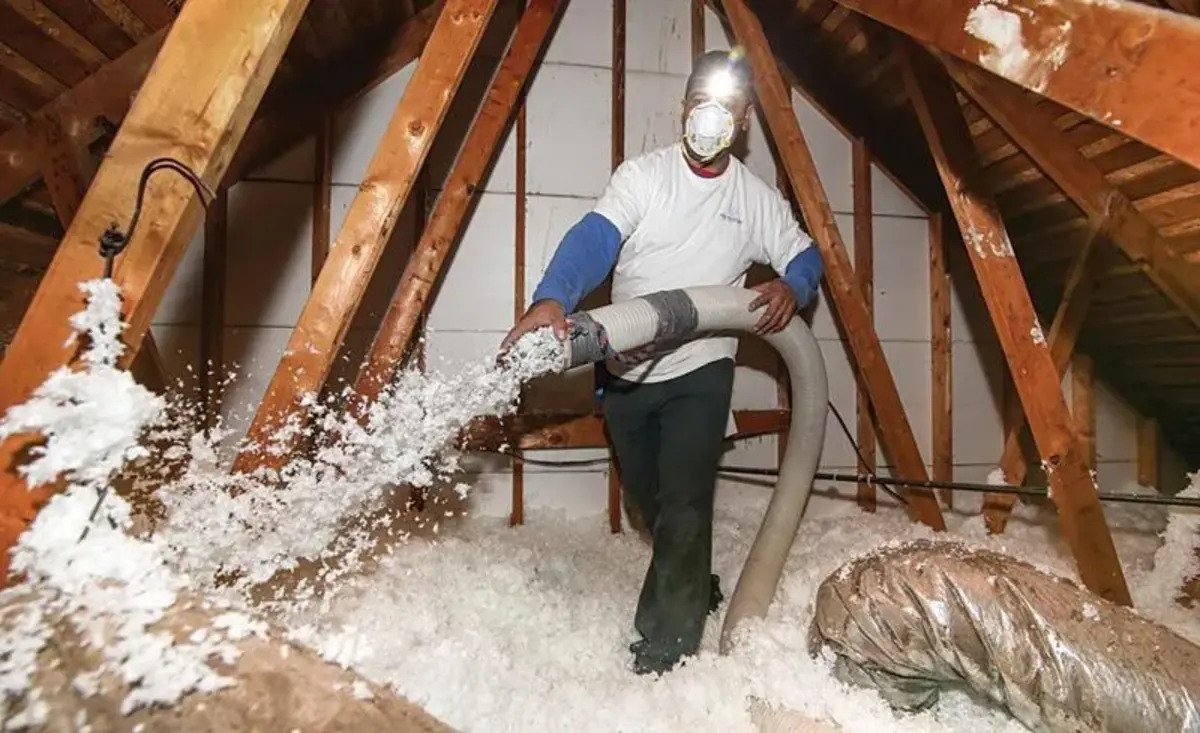
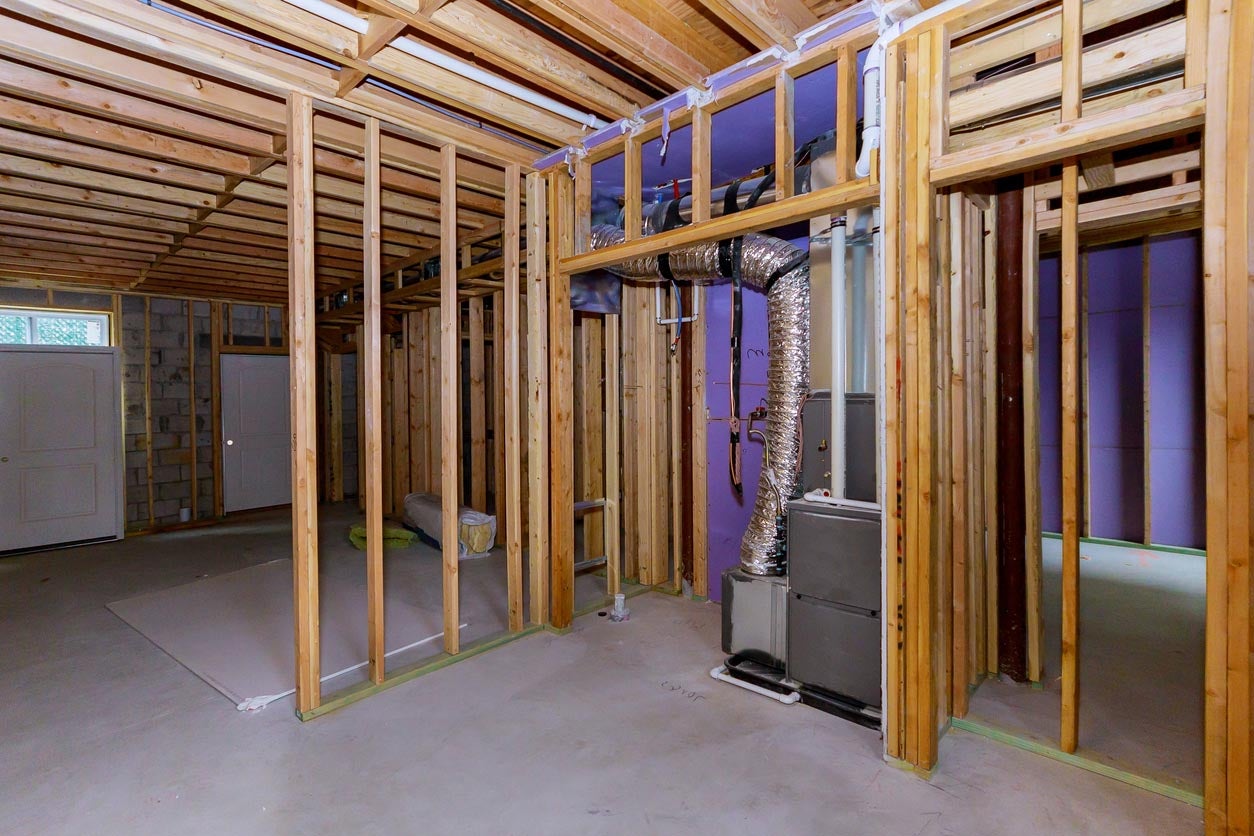

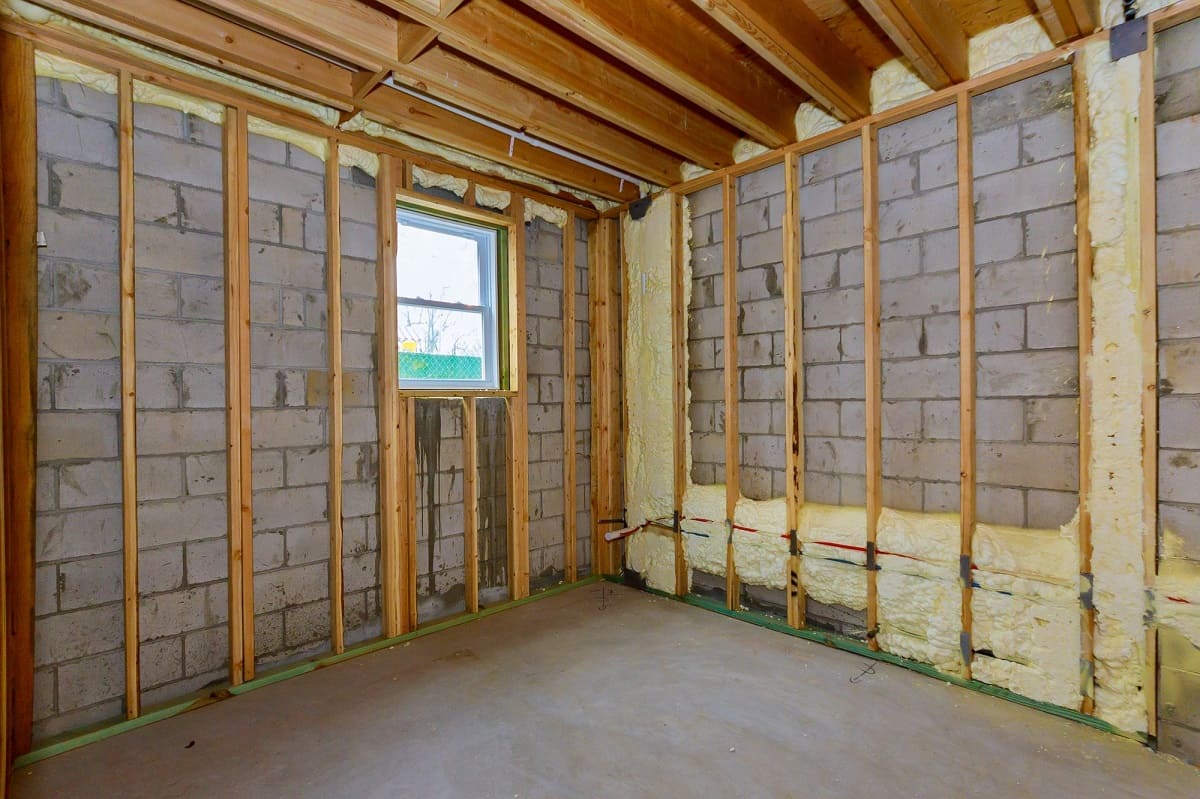

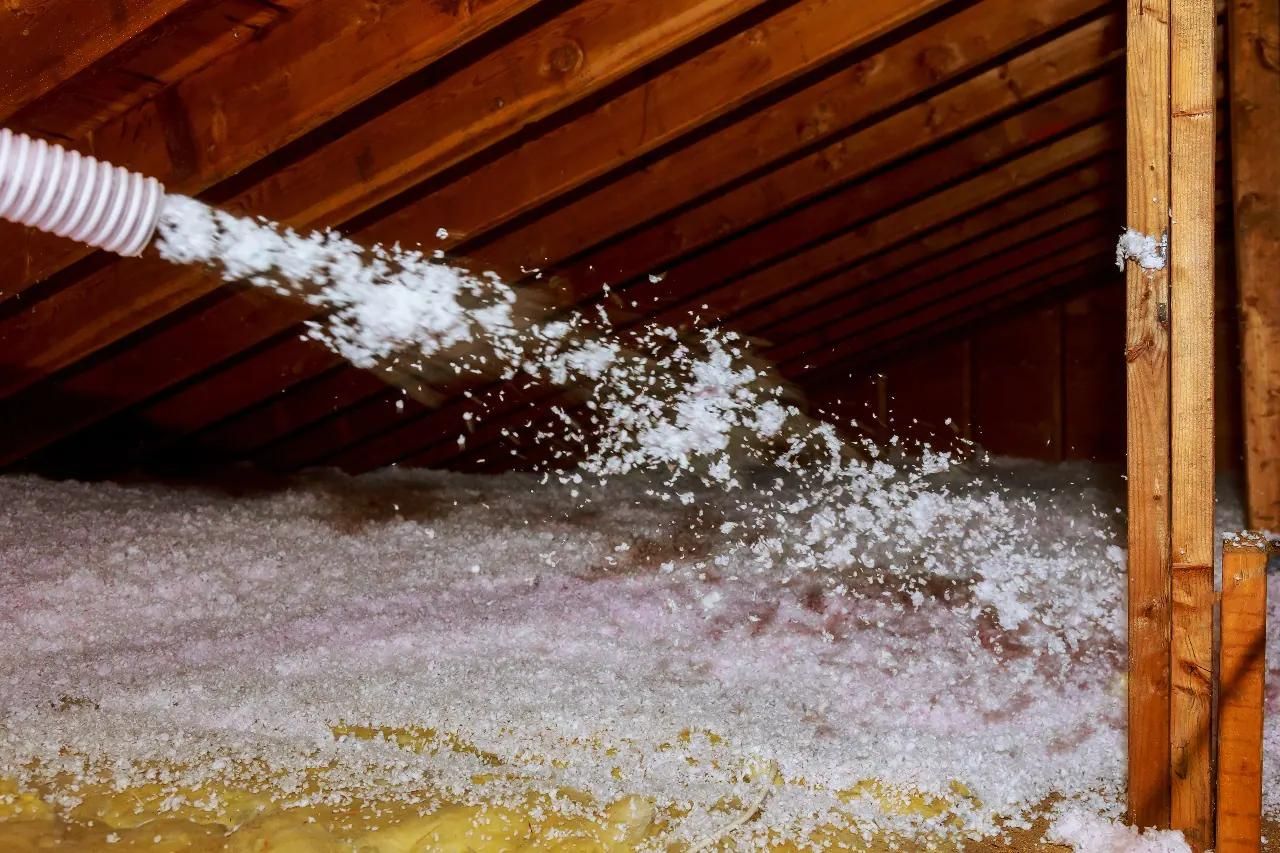
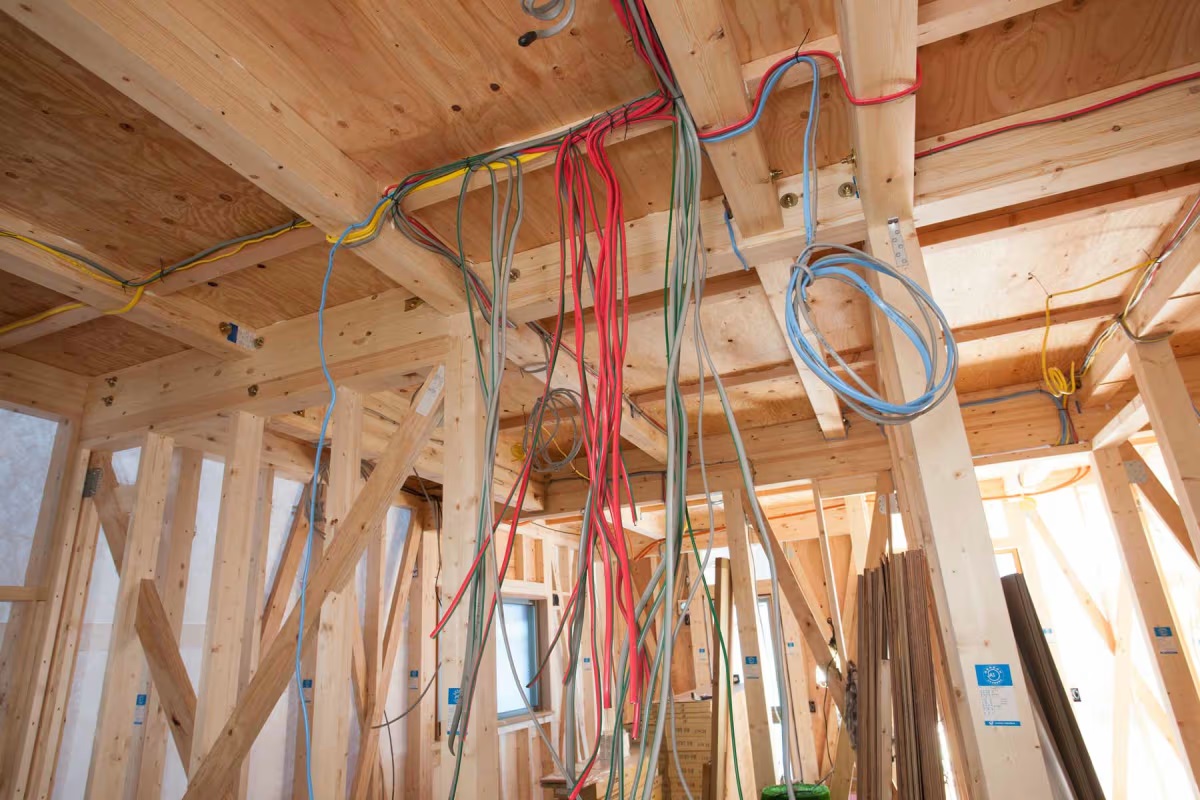
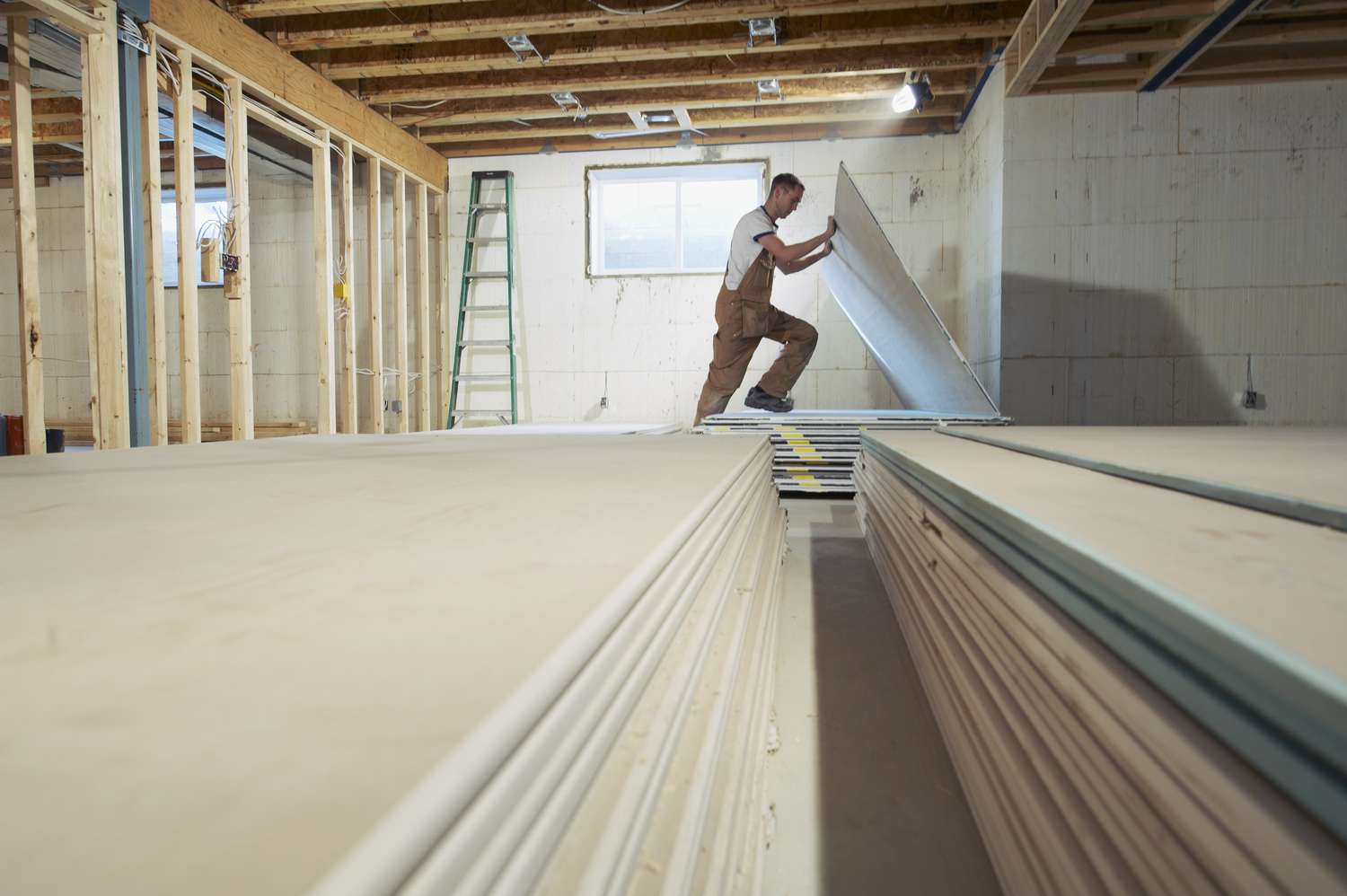
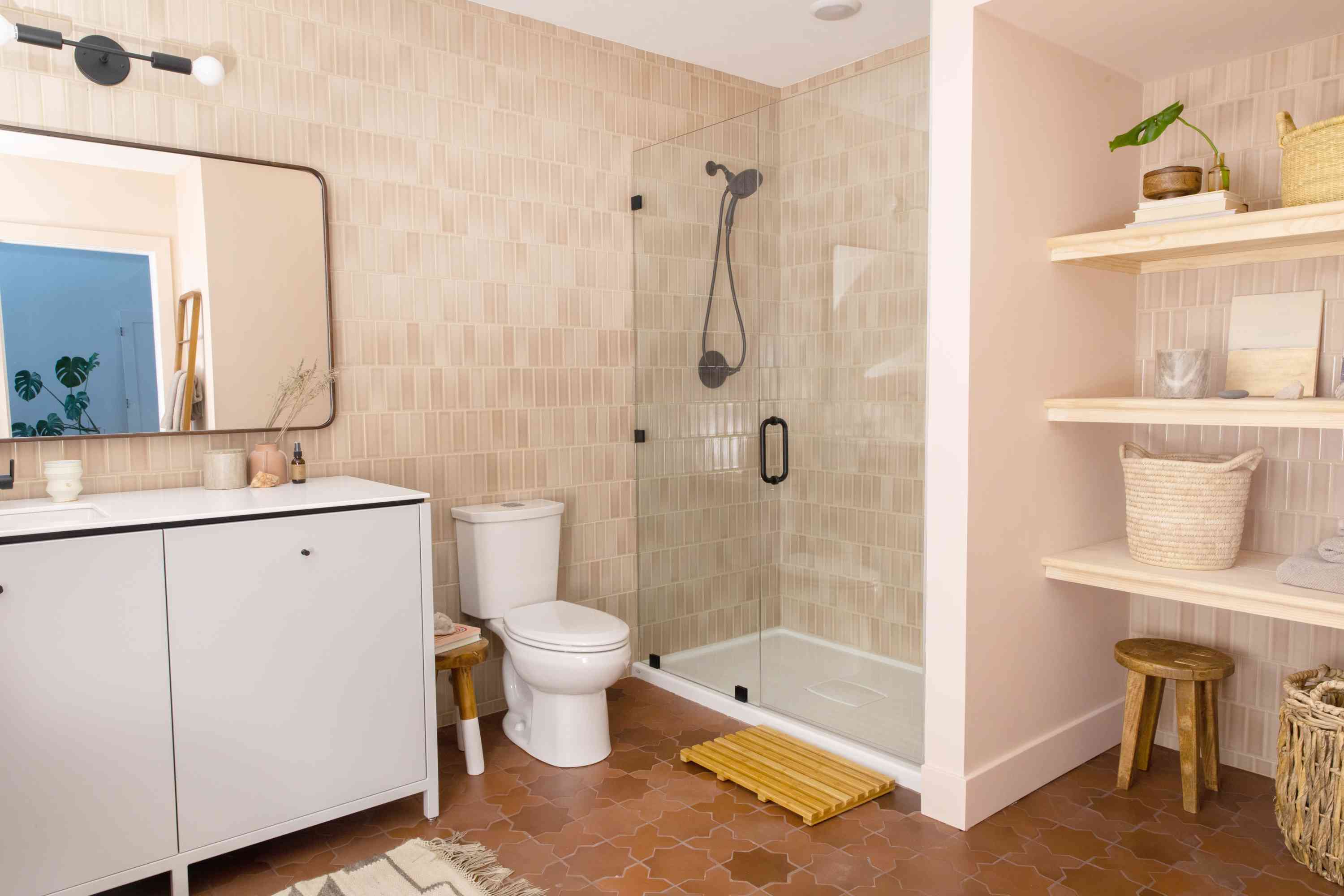
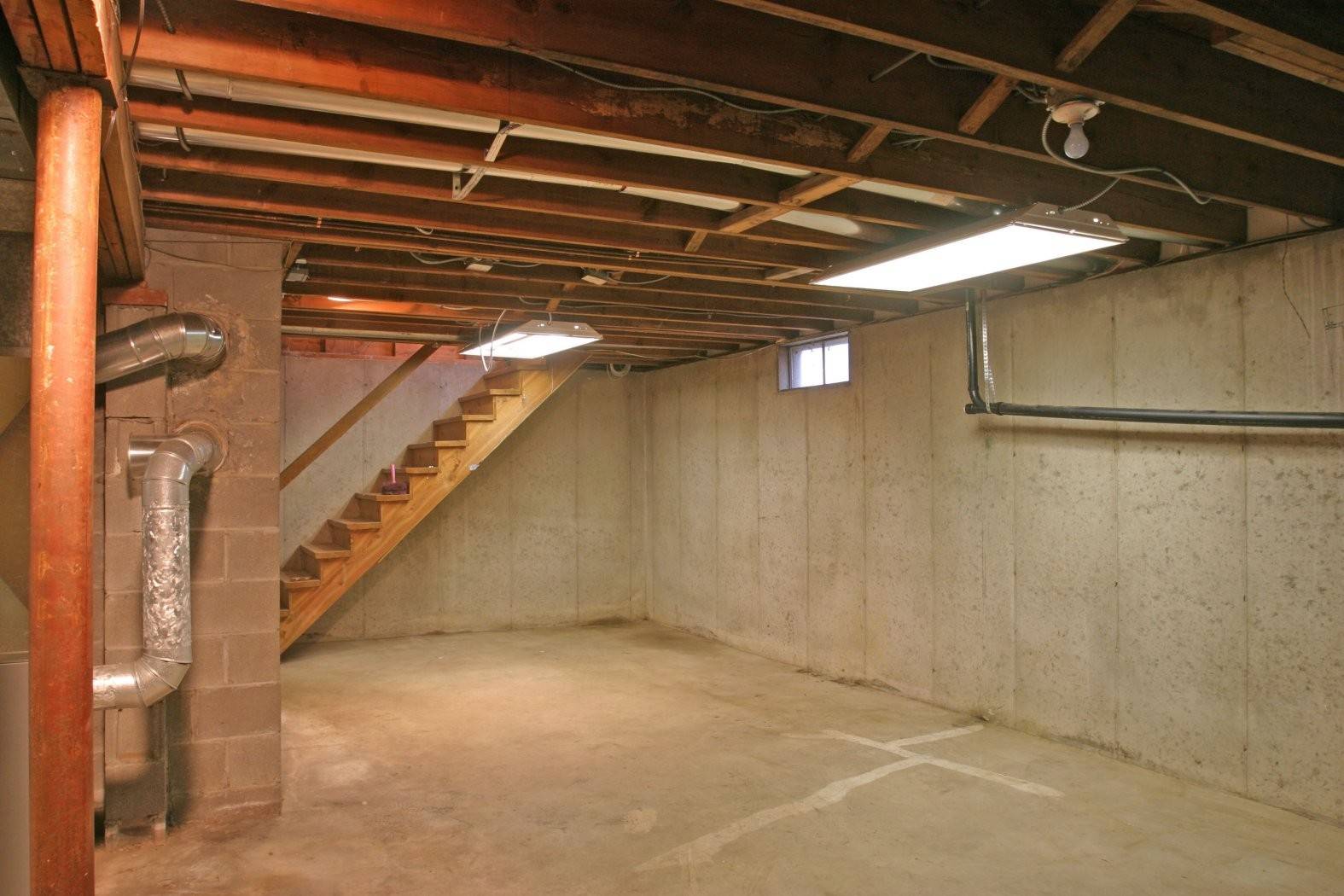
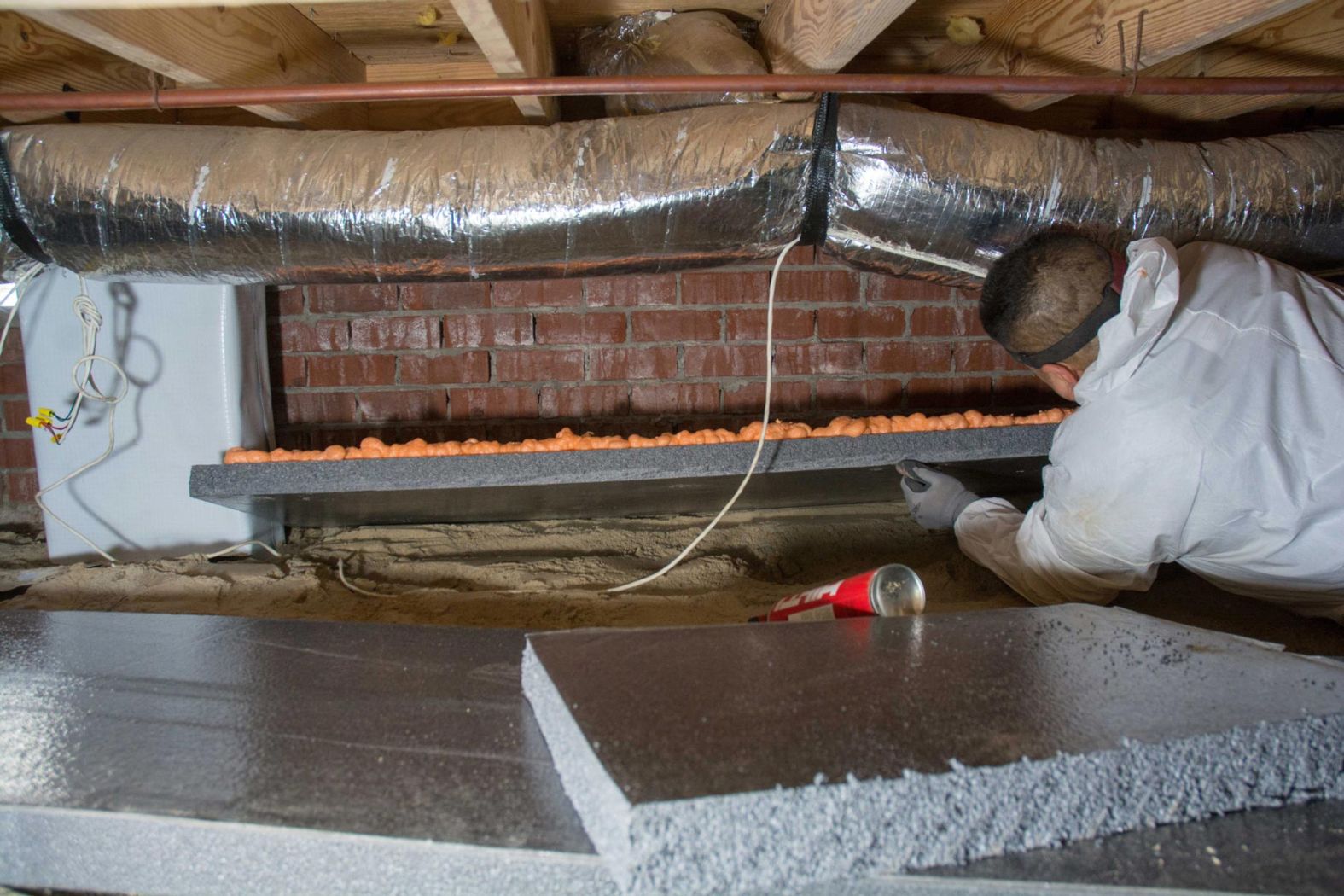
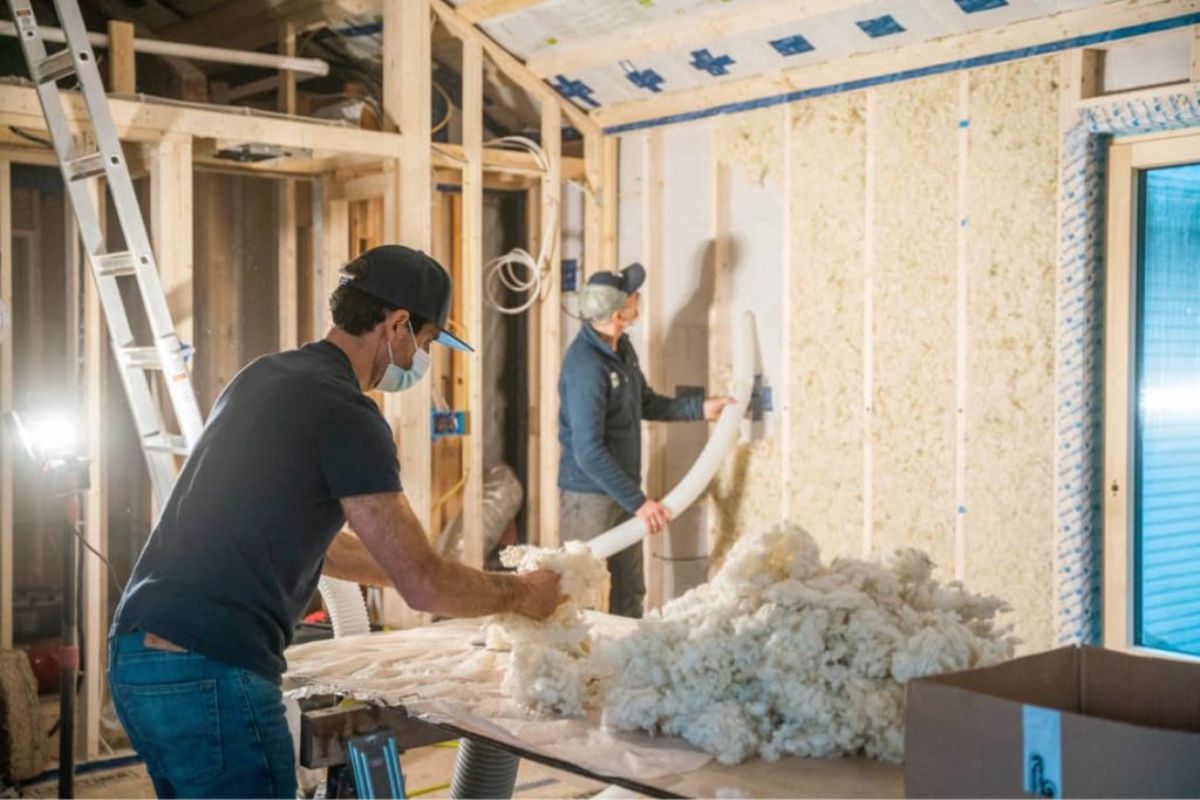
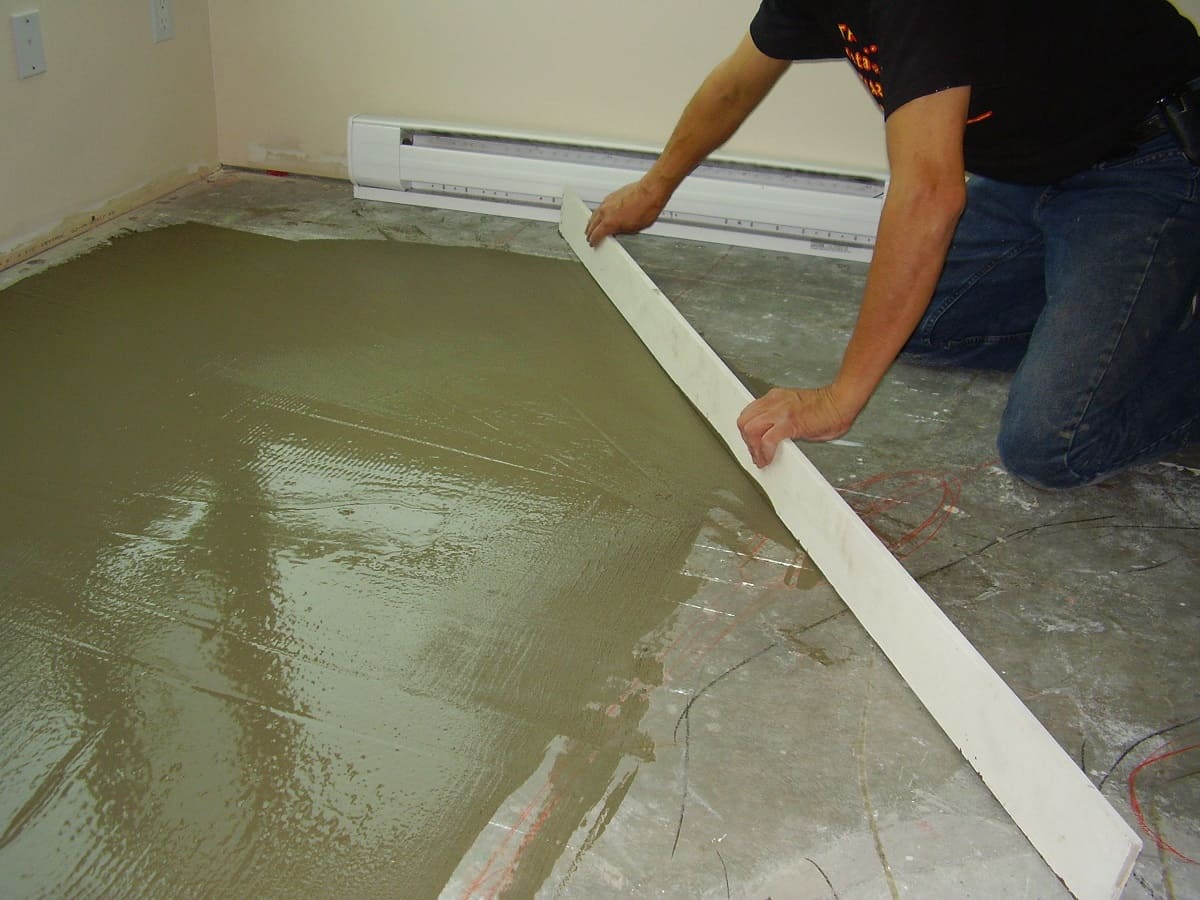

0 thoughts on “How Much Does It Cost To Insulate A Basement”